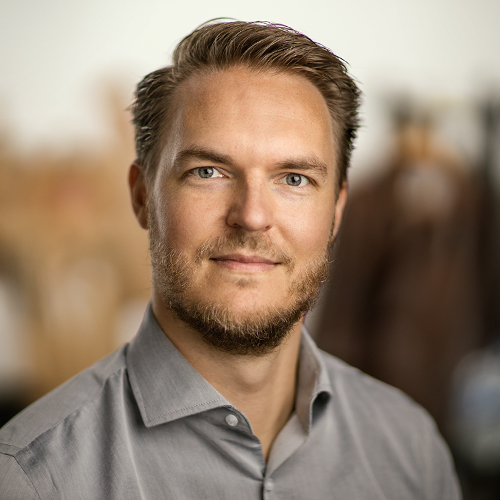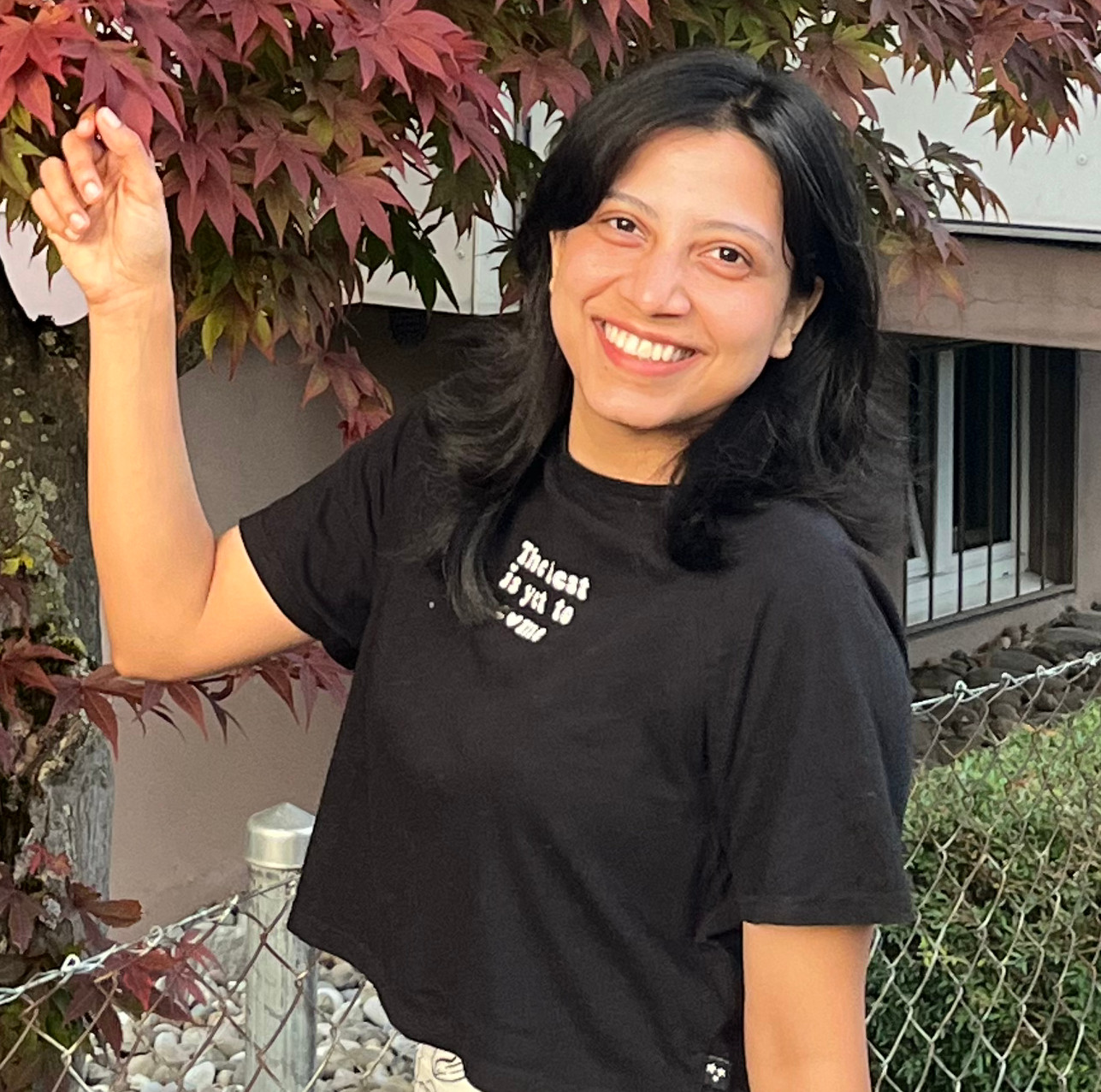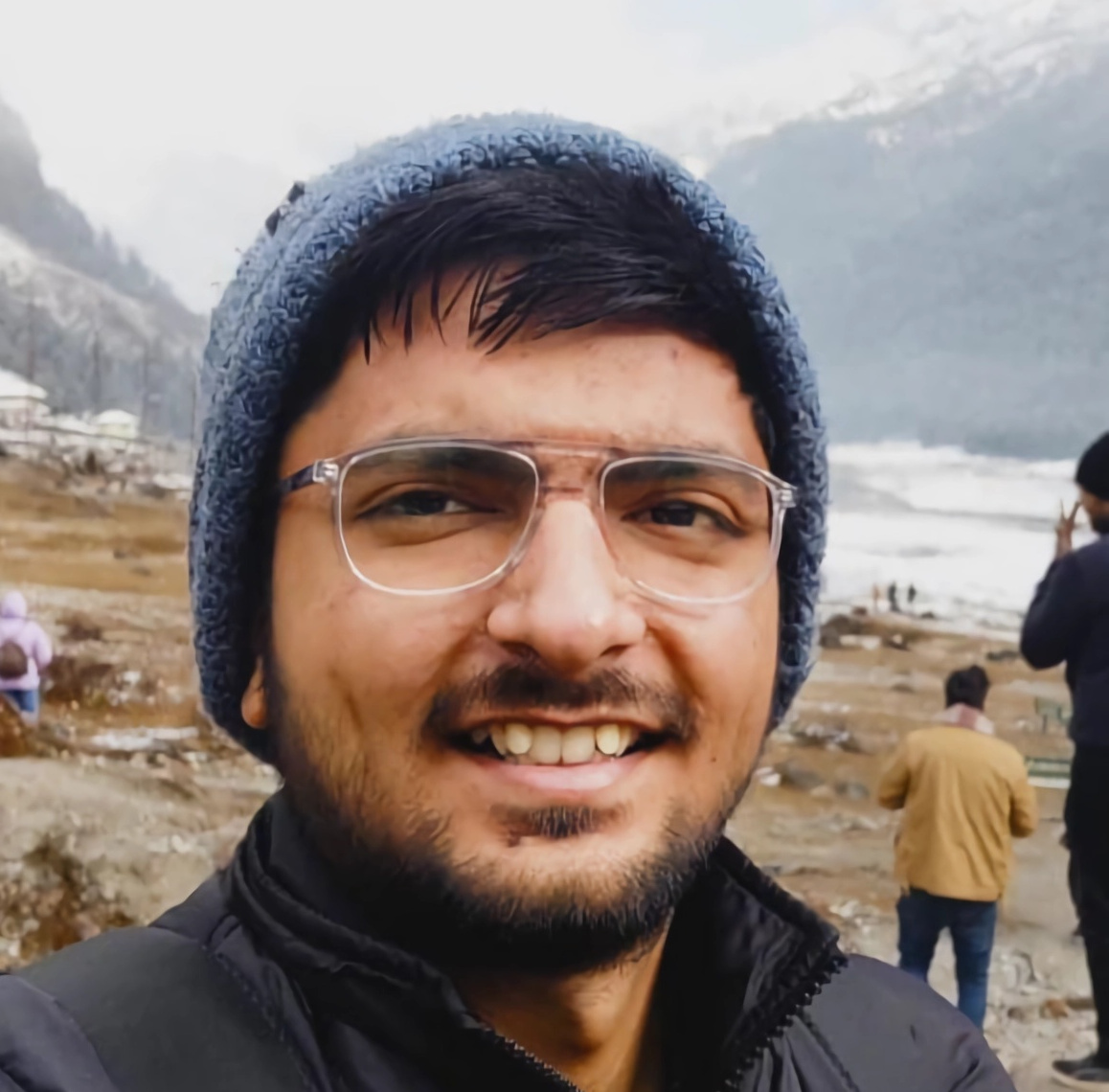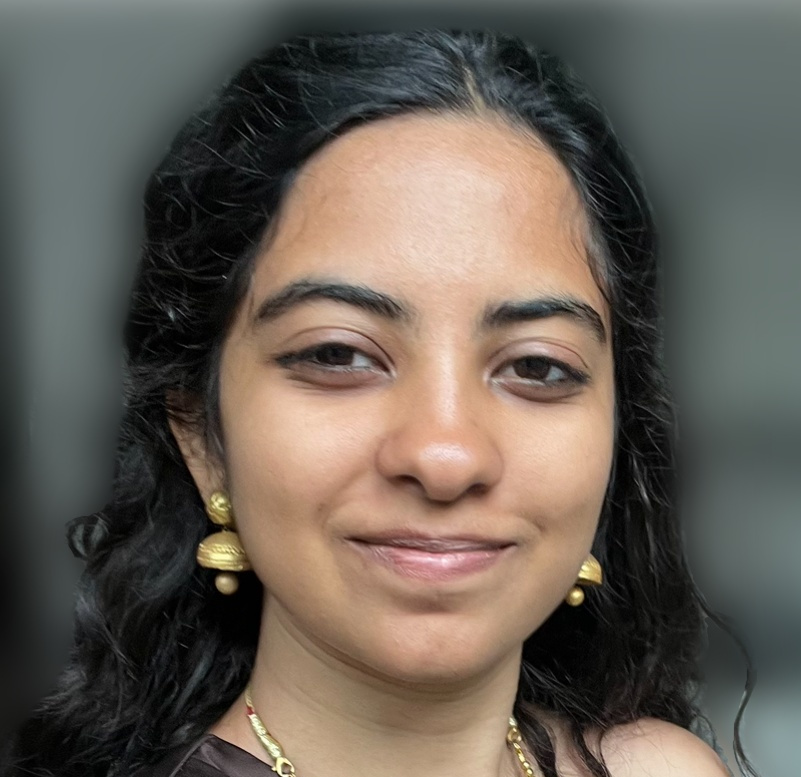About
Deep learning is primarily a study of multi-layered neural networks, spanning over a great range of model architectures. This course is taught in the MSc program in Artificial Intelligence of the University of Amsterdam. In this course we study the theory of deep learning, namely of modern, multi-layered neural networks trained on big data. The course is taught by Assistant Professor Pascal Mettes with Head Teaching Assistants Swasti Mishra and Alejandro Monroy. The teaching assistants are Freek Byrman, Alessio Colombo, Andro Erdelez, Stipe Frkovic, Benjamin Hucko, Gowreesh Mago, Ana Manzano, Pradyut Nair, Pedro Pombeiro, Ruthu Hulikal Rooparaghunath, Martyna Sendrowska, Bhavesh Sood, Marom Sverdlov, Thomas Wiggers
















